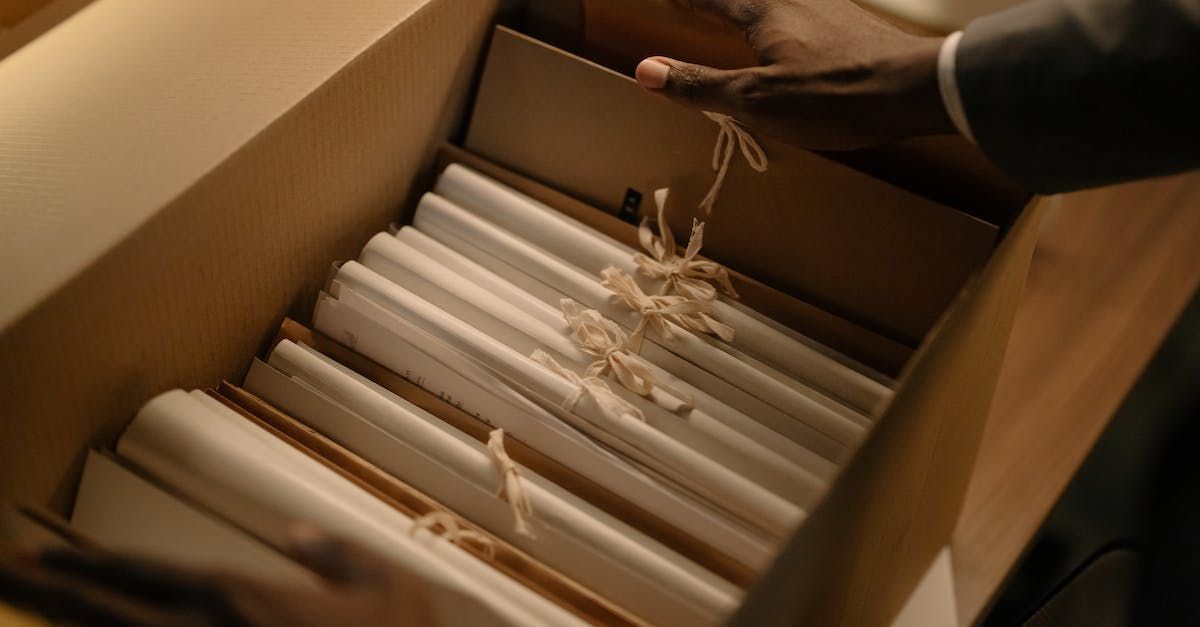The Law in Historic Sexual Offences
There are three main pieces of legislation which can apply to sexual offence cases: the
Sexual Offences Act 1956, the
Indecency with a Child Act 1960 and the
Sexual Offences Act 2003. Any offence which was committed prior to May 2004 will be charged under one or both of the earlier acts.
However, sentencing for historic sexual offences isn’t straight forwards. A person being sentenced for an offence that happened when the 1956 or 1960 act was in force cannot receive a punishment any worse than what would have been given at the time the relevant law was in place, this has been reinforced by
Article 7 of the European Convention of Human Rights. But the sentencing judge can refer to the current
sentencing guidelines to assess the harm caused to the complainant and the culpability of the defendant. Therefore, referring to new and old law will apply when determining sentence in historic sexual abuse cases.
There are of course various factors that may apply in historic cases as is it often the case that the person prosecuted for the offence is not the same person today as they once were. Circumstances change, and we all age. In some cases, in particular if there has been a long period between the offence taking place and a conviction and sentence, the offender may be quite elderly. Judges are not obliged to take that into account when sentencing but may do so, depending on the circumstances, for example if they are very ill or frail.
At the other end of the age scale, judges have to consider the youth of an offender at the time of the offence. In some cases, the offence will have been committed while the offender was under 18, but they are sentenced after they have become an adult. In these circumstances the judge will consider the age and maturity of the defendant at the time of the commission of the offence.
Can I be charged with a historic sexual offence?
In short, the answer to this question is yes, the police and the CPS will treat any allegation of sexual abuse seriously regardless of the age of the complaint. The number of historic sex crime allegations made in the UK is on the rise. It’s estimated that of the 20% increase in reported sex crimes throughout the UK, over a third of them are historic cases. The number of historic sex crime allegations made in the UK is on the rise.
There are many issues however that can arise in such cases such as the lack of memory of potential witnesses, key witnesses may be deceased, and also the memory of the complainant may be in question which can cause concerns for both the prosecution and defence, but more so the jury who ultimately decide whether a person is guilty or not guilty following their consideration of the evidence and guidance on the law given to them by the judge during the trial. A jury has to be sure that a person is guilty before they convict them and a lot of doubt can be created in historic sexual offence cases, choosing the correct legal team to investigate matters on your behalf will be what can lead successfully to the creation of such doubts.
I Have Been Accused of a Historic Sexual Offence What Should I Do?
It would be a mistake to assume that just because the allegation dates back some time that the police or CPS will not take the matter seriously.
Historic sexual offences
are given just as much time, resources and expertise as recent sexual offences, and therefore obtaining legal advice is very important.
We have seen in recent years following the cases of Jimmy Saville, Ralph Harris and Harvey Weinstein that prosecutions will commence for historic sexual offences, and these highly publicised cases have led to a sharp increase in historic complaints being made to the police throughout England and Wales.
Getting a grip on a sexual offence allegation as soon as possible is beneficial. It is widely accepted that where a suspect instructs for legal representatives to take a pro active approach as soon as possible, before charges are considered, they stand a much better chance of not being charged at all.
Where it is in the best interests of our clients we strongly advise
early intervention with the police and CPS with the aim to prevent charges, or to negotiate lesser charges for our clients. This cannot be more crucial in historic sexual offence cases where there is clearly bound to be some serious evidential issues that can be brought to the attention of the reviewing lawyers.
Your reputation can be quickly and irreparably damaged by rumours and speculation surrounding any allegations of sexual misconduct, so it’s important that you contact specialist sexual offence defence lawyers right away.
If you, a friend or family member is currently under police investigation for a historical sexual offence then
get in touch with our friendly team for a free and strictly confidential chat. We aim to put an action plan in place for your case and offer legal advice and support throughout.





